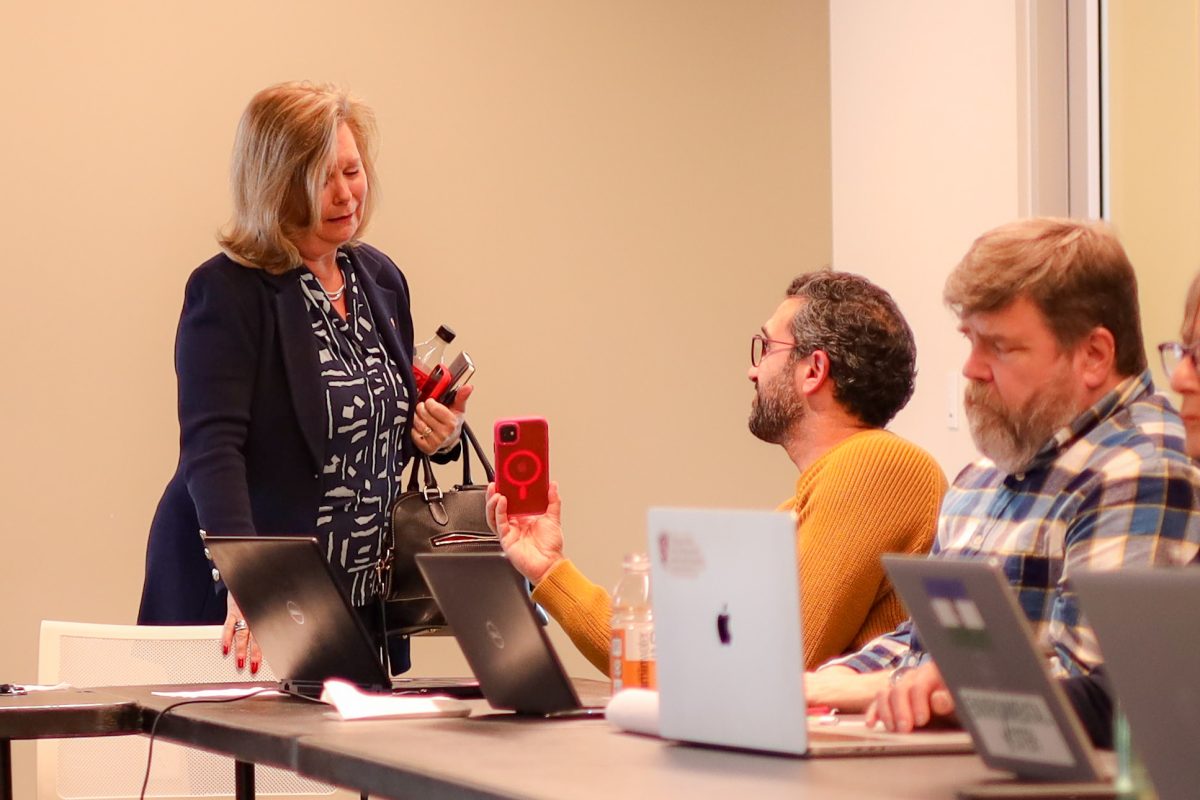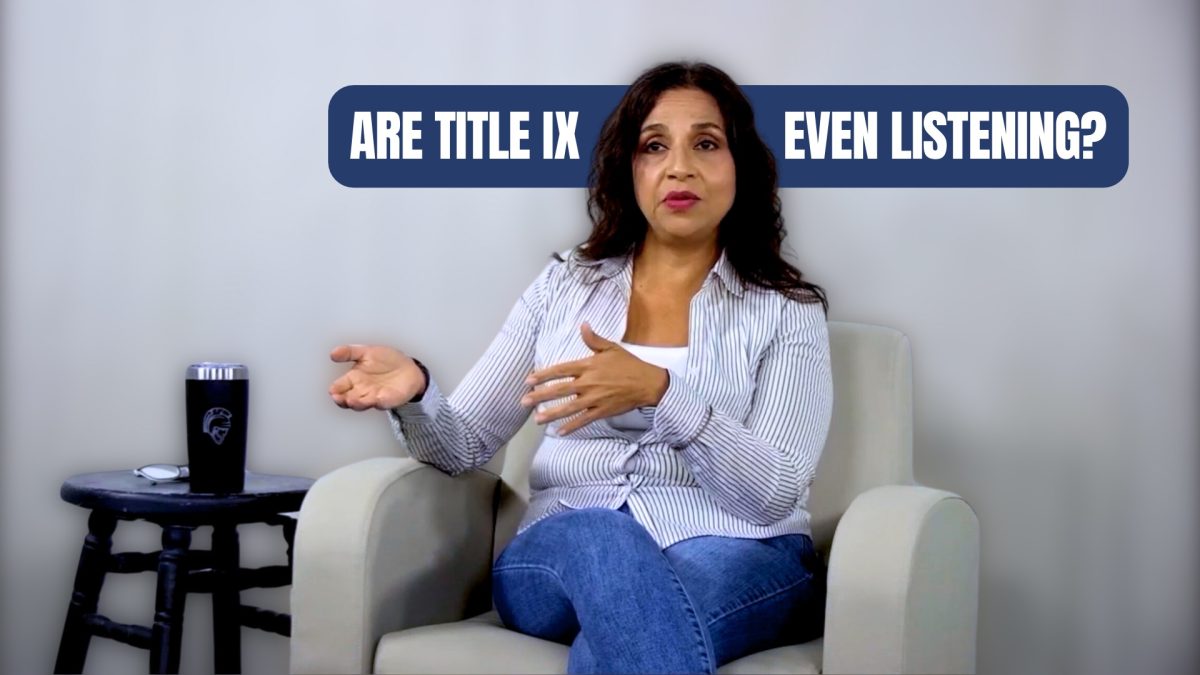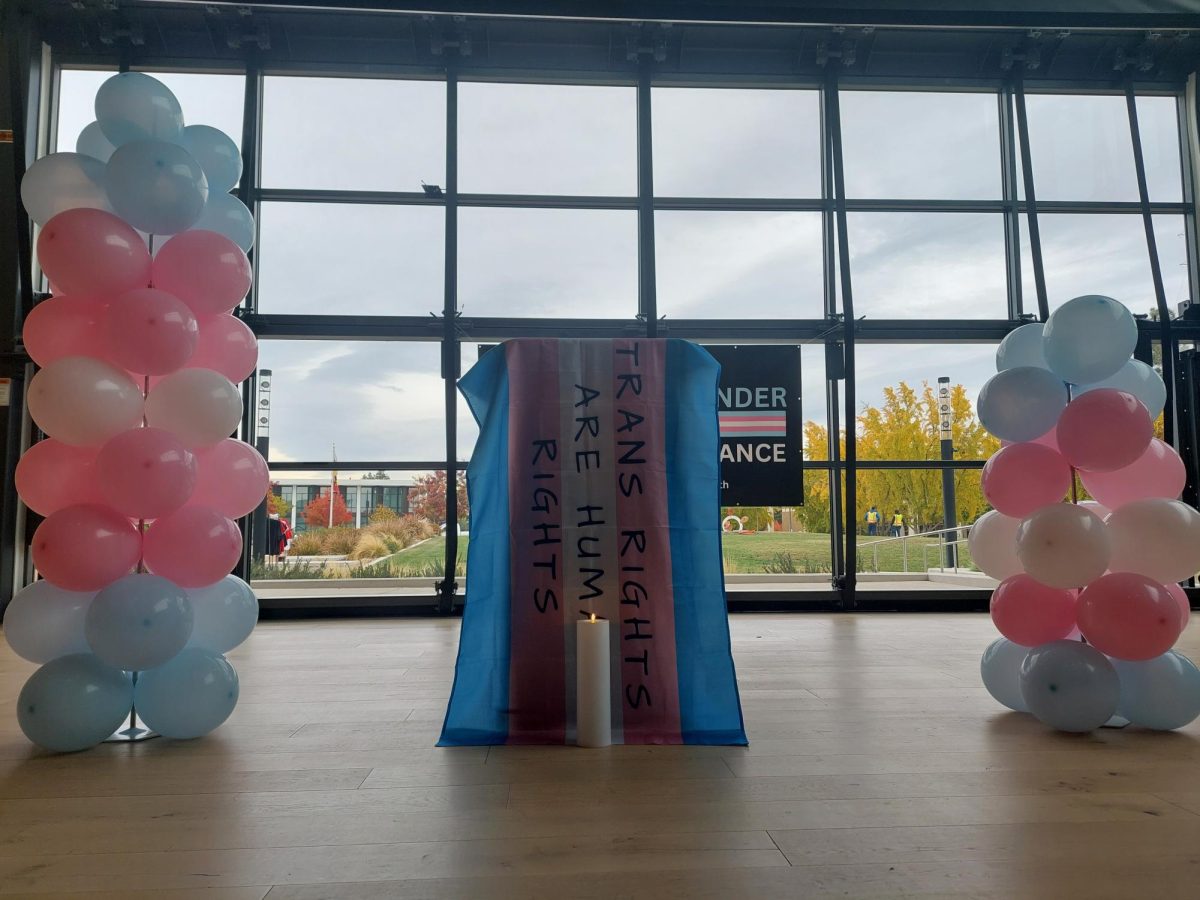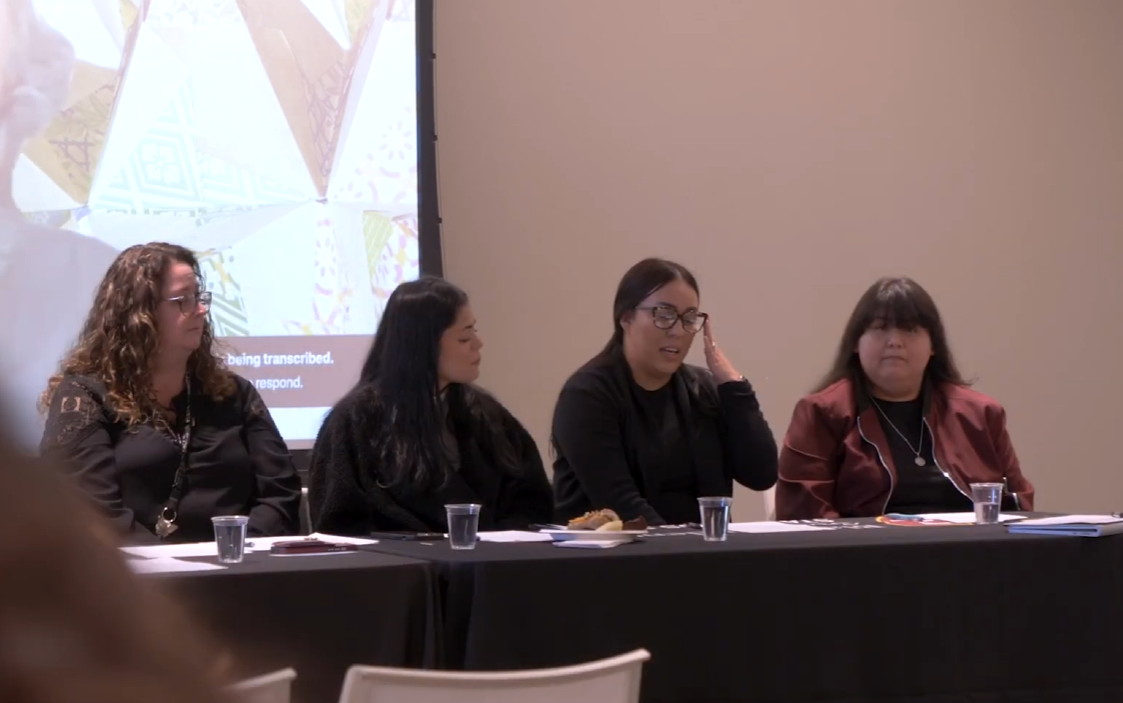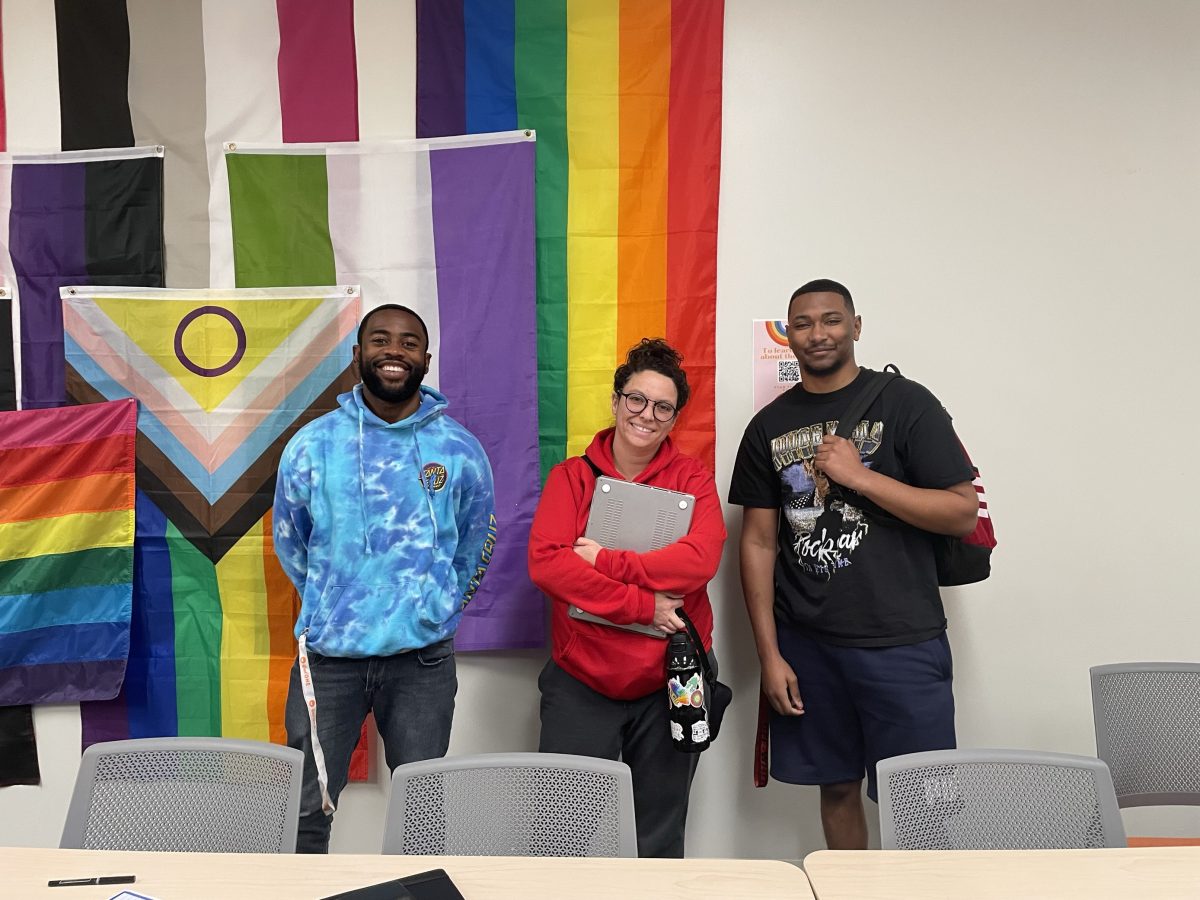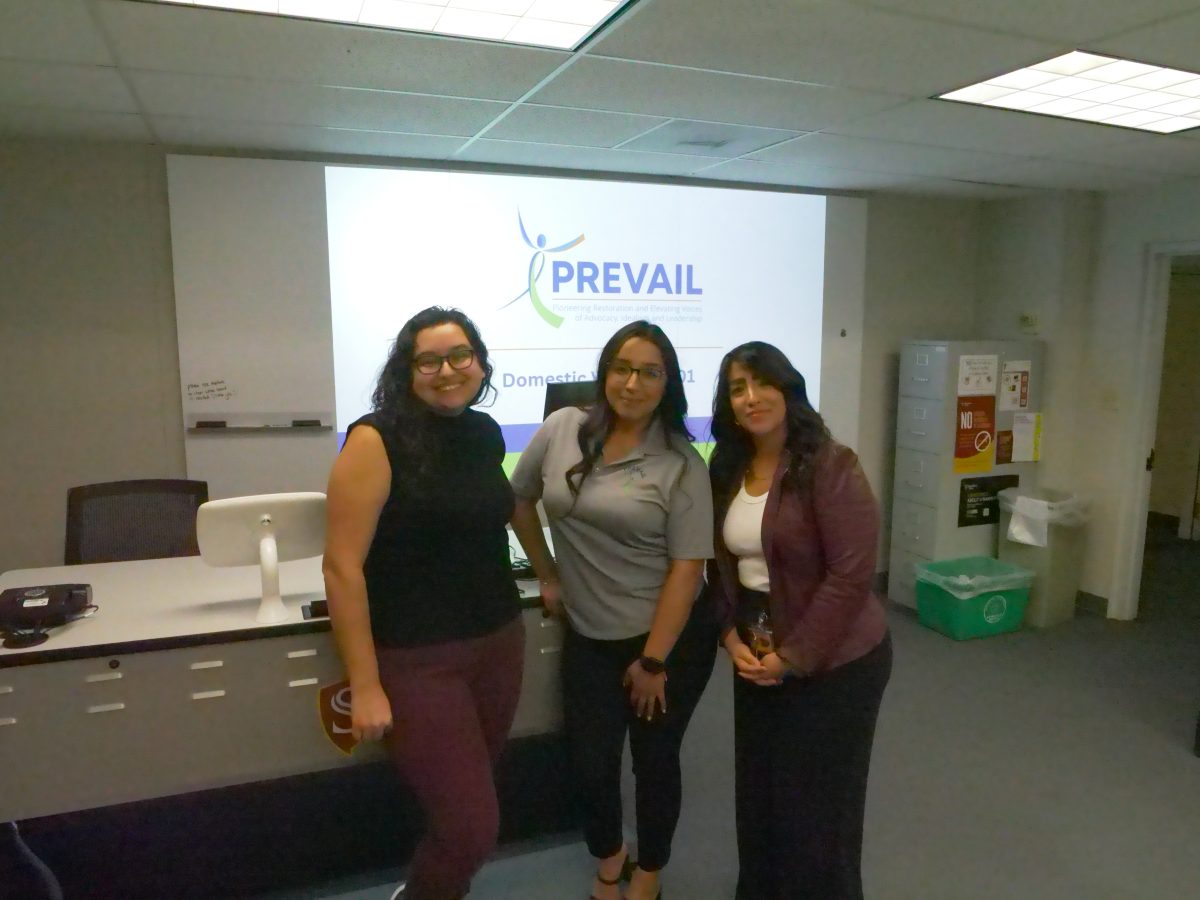My name is Ricardo Friaz, and I was an undergraduate and graduate student at Stan State from 2006 to 2014, as well as an instructor from 2015 to 2017. I am currently a PhD student and employee in the Philosophy Department at the University of Oregon, which is a program I was granted admission into primarily with the support of my old mentor, Jason Winfree. After hearing that the Signal was launching a Social Justice page, I thought I would write to share and reflect on my experiences as a student at Stan State.
As I was writing this, I wondered what it would mean to share them. It’s been five years since I was any kind of student at Stan State and fourteen years since I was a freshman. Would my experiences then resonate or be understood by others there today? How do I share even one experience with someone else who has very likely not experienced what I have?
Experience itself has been in danger for a while. In 1936, a year in a time between the horror of a world war and the suffocating dread of thriving fascism, Walter Benjamin wrote:
“More and more often there is embarrassment all around when the wish to hear a story is expressed. It is as if something that seemed inalienable to us, the securest among our possessions, were taken from us: the ability to exchange experiences.”
What kind of experience could matter as we feel ourselves to be barreling towards a future of rampant climate disaster, fascist and racist leadership, a thriving pandemic, and limitless capitalist exploitation unfettered by either the Democrat or Republican party? Oh, and there’s the threat of the Giant Earthquake that’s coming someday, too.
Certainly, glimmers of hope do appear. The demonstrations and demands that have been organized in the wake of the killings of George Floyd and Breonna Taylor make us feel that it is possible to experience something significant enough to step out into the streets and scream for justice, and in many cities, to degrees of success.
The windows seem to close too quickly on such moments, or else they fog up and distort. We ask whose experience we should center, whether the current moment is exclusively about Black people, Black, Indigenous, and People of Color (BIPOC), or if it involves the oppressed and dominated as a whole. The calls to uplift the voices of BIPOC give the illusion that they are some kind of unified mass when in fact we are also capable of disagreeing and differing. Moreover, we can be misguided and prone to repeat structures of domination.
It is in the moments that we are able to recognize, process, and share our experience that something happens. The epiphany that we are able to translate and convey our experiences of pain, love, and anger is something we feel that changes how we understand. We realize that it is not only Shakespeare or Marvel Movies that can be universally understood, but that experiences can surprise us from anywhere and anyone. Writing on differences of race between women, Audre Lorde writes:
“As white women ignore their built-in privilege of whiteness and define woman in terms of their own experience alone, then women of Color become “other,” the outsider whose experience and tradition is too “alien” to comprehend.”
Our experiences are accessible to each other, though they are not something transparent as to be immediately accessible, even to ourselves.
Very often, we experience things that we do not immediately understand. Perhaps we may be casually called “one of the good Mexicans” by a classmate while standing in line for lunch at El Portal Middle School in Escalon, California in seventh grade. Years later, after reading books and having conversations with others, we might realize what a truly racist experience that was and what that comment meant.
How does my experience rank amongst all this? Certainly, as the chair of the BIPOC Caucus in my labor union and a brown person in an academic field that consists of 75% white people, my experience may provide particular insight.
My experience was that, like every other university amidst the corporatization of education, the university president will always be a villain and it seems to do no good to demand that they do something. There is no profit incentive to protect students from the Nazis organizing on campus. Indeed, it’s hard to find anything to depend on at Stan State: the students commute, the faculty are often apathetic, and city governance is populated by middle-class white moderates.
In my experience, I can agree with my old mentor when he said that in Turlock and Modesto, community has to be made. Amidst police violence and Nazi power, Lorde’s dictum that “the master’s tools will never dismantle the master’s house” has to be kept in mind—but that also means we must understand the master’s house if only to build the tools needed for the job. We also need our own house, which means talking to one another.
In order to spread our conocimientos (understandings), we need a communal space to do it in. I hope that developing a space like the Signal’s Social Justice page will become a communal space to begin to write, share, but also have our feelings hurt—sometimes we don’t realize our judgments and views are misguided until we really feel the soreness and shame of really being wrong.
While internet spaces are not places in the way that patches of grass, classrooms, and coffee shops are, they also open up new possibilities and challenges of and to experience. Bringing institutional change about is as simple and difficult as uniting in numbers to act. Processing our experiences in order to understand our worlds, the economic order, and the armed police force that protects the latter exclusively, is absolutely necessary.



